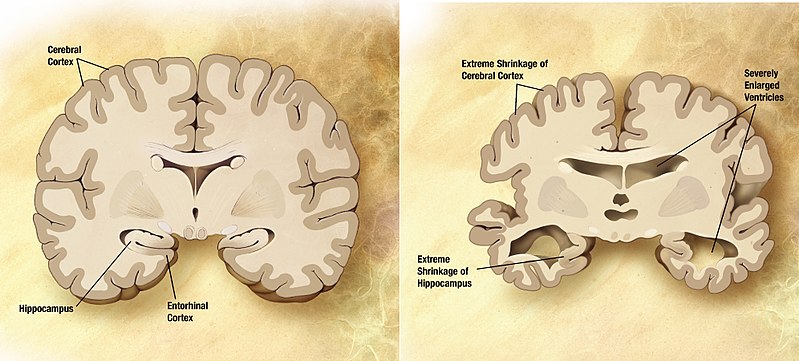In a big breakthrough researchers from MIT have identified an enzyme called HDAC1. This enzyme is critical for repairing age-related DNA damage to genes involved in memory, Alzheimer’s disease and other cognitive functions.
By restoring this enzyme, it could help reverse the effects of DNA damage associated with these problems.
For the research, MIT team engineered mice to be deficient in HDAC1. Researchers observed their health and keep comparing them with normal ones.
When they were young there was no issue, but with age they found HDAC1-deficient mice started showing DNA damage. Not only that they also started losing their ability to modulate synaptic plasticity. They even showed signs of impairments in memory tests and spatial navigation.
Li-Huei Tsai, the senior author of the study, said, “It seems that HDAC1 is really an anti-aging molecule,” “I think this is a very broadly applicable basic biology finding, because nearly all of the human neurodegenerative diseases only happen during aging. I would speculate that activating HDAC1 is beneficial in many conditions.”
Researchers then tried to treat mice with the drug that activates HDAC1. Researchers found that it helped in reducing DNA damage in the brain, improving cognitive functions like memory.
Tsai said, “This study really positions HDAC1 as a potential new drug target for age-related phenotypes, as well as neurodegeneration-associated pathology and phenotypes,”







